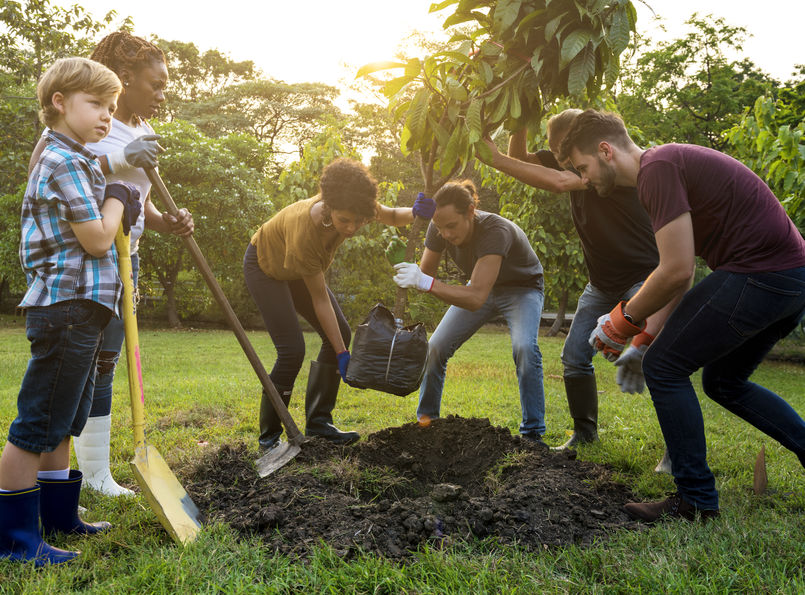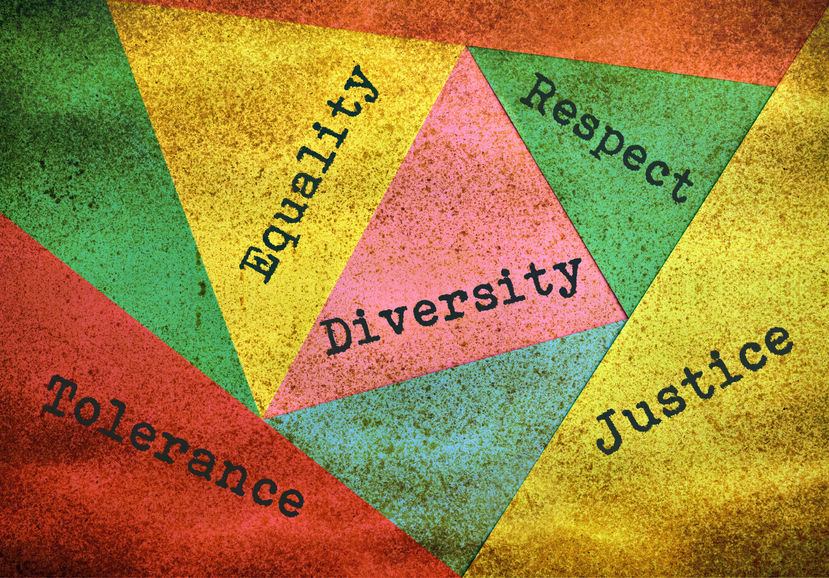What the World Needs Now is a Civilizing Influence

The word “civility” originates from the Latin word, “civilis,” meaning related to public life, befitting a citizen. The word’s application has a long history.
Philosopher, Michael J. Meyer, urges fellow philosophers not to take civility for granted, as it is a vital but unexplored public practice. Civility is not only a public virtue, with reasoned civil discourse as the method for making society better, civility is core to close-knit communities, and it is a personal virtue as well.
He emphasizes that the two main conceptions of civility are reasoned public discourse and the civility of etiquette, roughly a chief component of civilized society.
With so many division lines today, public civil discourse can seem unavailable as the expression and method of public virtue. Recent events have highlighted the injustices rampant in our country and raised the alarming cry that, as a society, we must remember that we are first and foremost persons, each deserving equal justice and treatment under our laws.
“Demonization is a great and growing plague in public life today.”
~ Sam Fleischacker
The Civilizing Influence of Etiquette
And what about the civilizing influence of etiquette? How can we show up etiquette-fully in our conversations? How can we find a positive perception of our world?
- Realize the many points of view in times of civil unrest are held by fellow human beings. Address them as individuals or summarize the statements they want to make. “Kyle, don’t you think the demonstrator who held the sign, 'Listen to us!' is making a very important statement?”
- Create a distance from replays of incivilities to plan individual action. “Kris, I know you were really sad that this happened, but let’s change the subject for our own good. What can we do or help with?”
- Make a practice every day of noticing some positive things in your public world, and keep in mind that what you focus on expands.
- Look for instances of people respecting others.
- Withhold negative comments that add no value.
- Reach out professionally and socially to check in on others.
- Lift others up with accurate and heartfelt complements.
- Pause. Breathe. Take the high road.
Civic Responsibility
As a citizen of your community, you have a responsibility to contribute to the good of that community. This might include helping to keep public areas neat and clean, shopping and doing business locally to strengthen your community's economy, and getting involved with local civic organizations.
Civility, not only an etiquette practice, is a public practice. It is influenced by the actions of the governing bodies of a community, state, and nation. And it is important to remember that a governing body is chosen by the citizenry. Ideally, citizens should be voting as informed citizens or public civility is compromised.
Share Some Love
Do you remember the song, “What the World Needs Now Is Love”? It’s a sentimental but sensible song if you think of it as a reminder that everyone longs for a more perfect state of the world, of public life.
How can we love others more in the here and now? By practicing civility. Being friendly and kind to others, even to someone who has hurt your feelings or offended you. By forgiving others. By honoring someone else’s ideas even if you don’t agree with them. By being gentle, but principled in your speech.
As humans, we navigate a world of other people, each with their own interests and temperamental idiosyncrasies. They may be neighbors or live in an entirely different environment. But we are all collaborators in making our society work. Each of us must be the civilizing influence.
References:
Fleischacker, Samuel. Being Me Being You: Adam Smith and Empathy. University of Chicago Press, 2019.
Meyer, Michael J. “Liberal Civility and the Civility of Etiquette.” Social Theory and Practice, vol. 26, no. 1, 2000, pp. 69–84., doi:10.5840/soctheorpract20002613.














